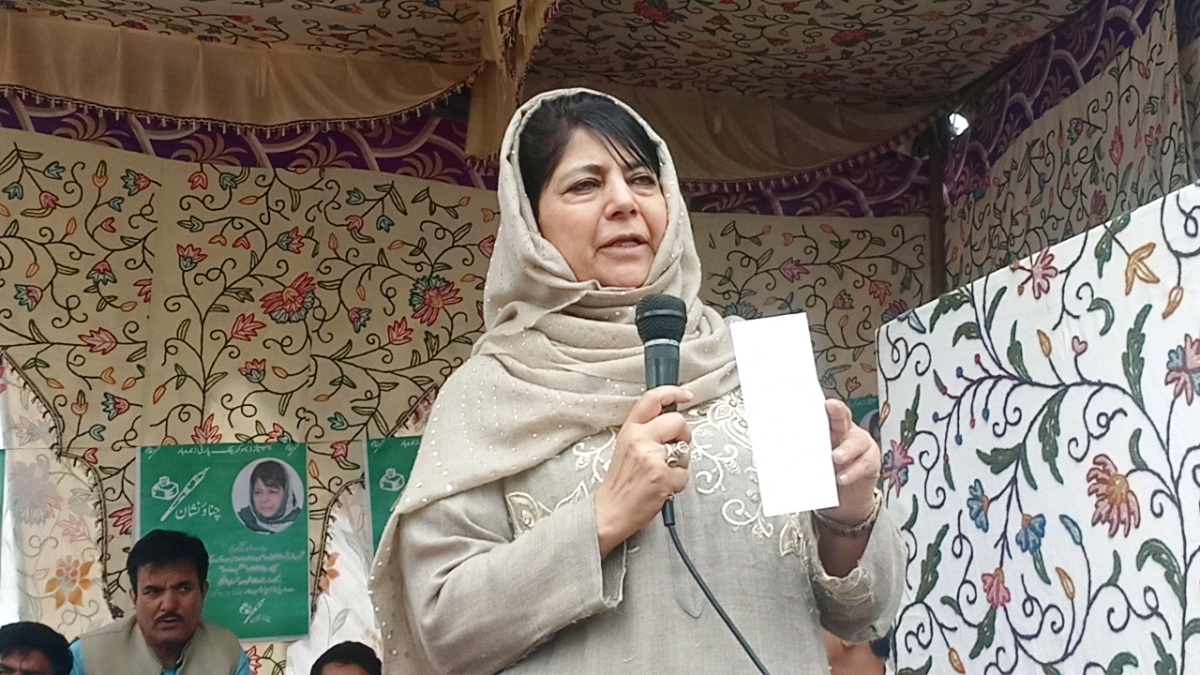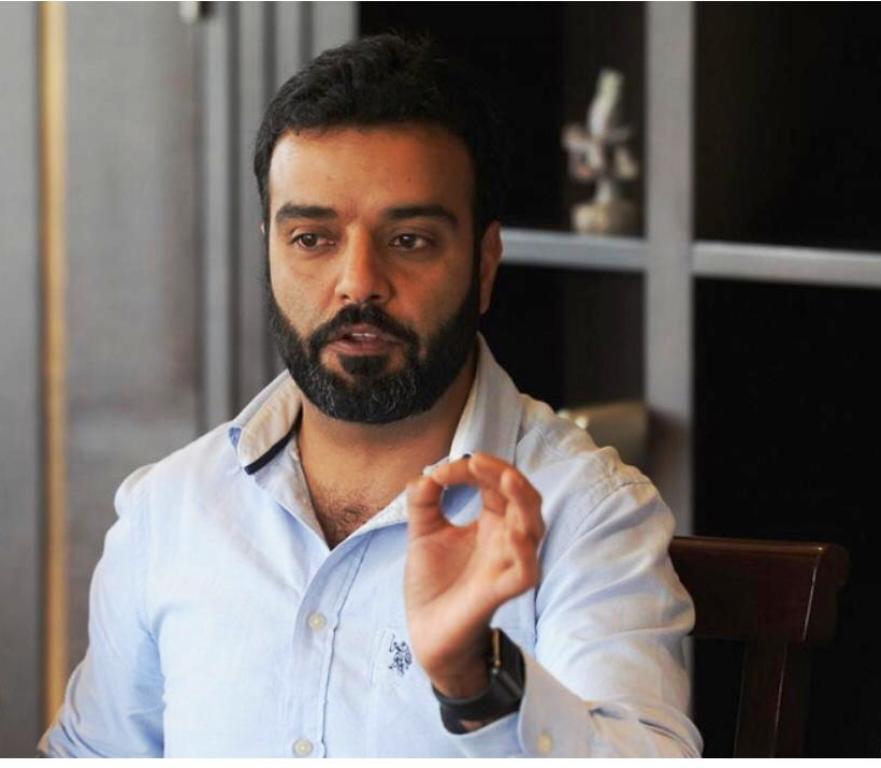by Muhammad Younis
SRINAGAR: Ladakh hero Sonam Wangchuk has bagged yet another award, the Ramon Magsaysay Award 2018. A game-changing activist and an innovator, Wangchuk has helped Leh change for the best. A solution giver, he is in demand abroad, too.
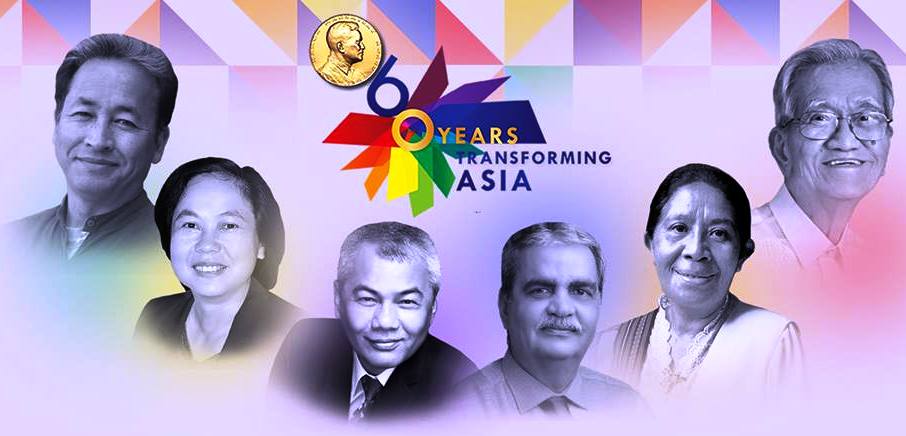
Six people were honoured Friday as 2018 winners of the Ramon Magsaysay Awards, known as Asia’s version of the Nobel Prize. Those awarded included Cambodian genocide survivor who helped document the Khmer Rouge atrocities, an Indian psychiatrist, Vatwani Bharat, who led the rescue of thousands of mentally ill street paupers and Wangchuk, the Leh engineer who was central to Aamir Khan’s Three Idiots.
Philippines Vice President Madame Leni Robredo conferred the award upon him in Manila. Those in the audience included former president Fidel Ramos, Chairman Senen Bacani and members of the board of Trustees of the Ramon Magsaysay Award Foundation.
Wangchuk was honoured for “harnessing nature, culture and education for community progress in India’s mountain region of Jammu and Kashmir,” by founding a movement in 1988 that pursued educational reforms and helped tutor poor village students so they could pass exams. The award carried a cash prize of US $ 50,000.
Acceptance Speech
Wangchuk’s acceptance speech was impressive. Though he briefly talked about the efforts he and his family and friends made on the key education sector in the desert region of Jammu and Kashmir, Wangchuk talked about the larger issues that confront the ecology of the planet. Here is the transcript of his speech on the occasion:
“I humbly accept this award… not as an individual but only to represent the thousands of students, teachers and people of Ladakh in the trans-Himalayan Mountains. And of course my family members… I always say that my work was possible mainly because I had the luxury of being the youngest child and therefore the least responsible one in the family. Hence I could afford to take responsibilities elsewhere, while my elder siblings took charge of the family… I, therefore, want to acknowledge the presence here, all the way from the Himalayas…, of my eldest brother Mr Gyal Wangyal to represent the family, Ms Norman who has helped Ladakhi children selflessly for the last 25 years in Ladakh, Mr Norgay who joined our alternative institute as a student and now teaches and leads the school, Ms Gitanjali who gave up everything in Chennai to help set up an alternative university in the mountains…
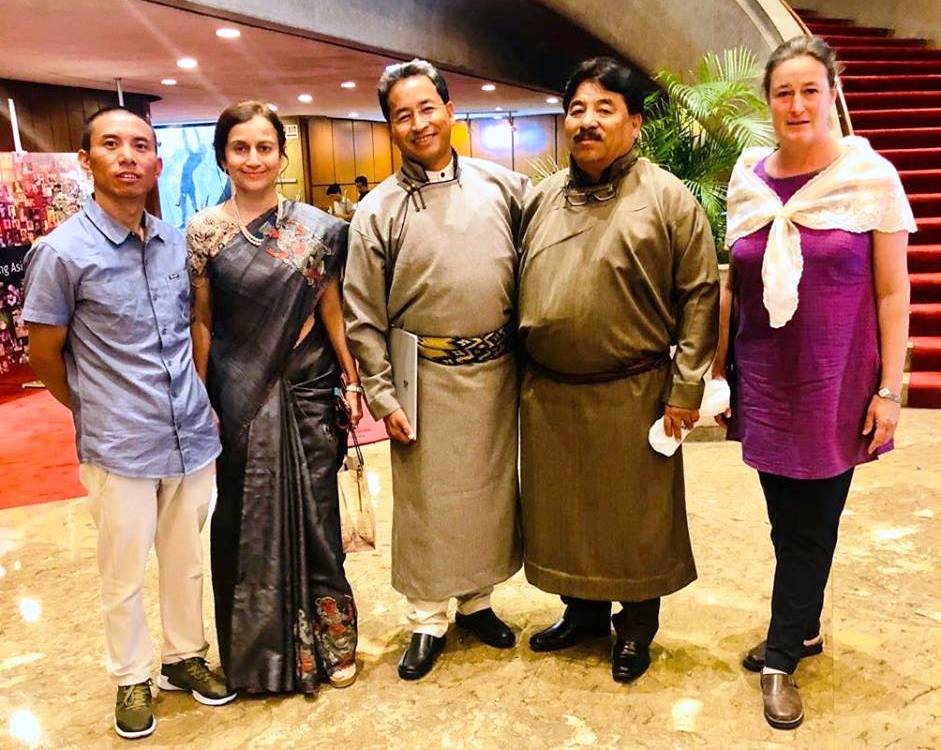
This award is recognition to our efforts of the last 30 years to make education meaningful, applicable and contextual in our remote mountains and to make it available to all… rich, poor, rural and urban through the government school system.
Unfortunately, when it comes to education, the world is still stuck with a system that is three hundred years old when at the onset of the industrial revolution, the focus was on exploiting nature and consuming it for human need or rather a greed. A kind of war was declared on nature … and our schooling system, unfortunately, became a training camp for this plunder.
In this war, we evaporated half of the forests on earth and half its wildlife vanished in just the last 50 years… Nature too has responded with fire and fury in equal measures, unleashing cyclones, storms, droughts, and floods and made our air un-breathable, water undrinkable, temperatures unbearable…
We in the mountains of Ladakh suffer the consequences for no fault of ours, where the glaciers are disappearing, causing draughts and flash-floods …
At our alternative school in Ladakh, we try and come up with measures to respond to climate change by sensitizing each citizen… arming the youth to build solar heated houses, low-cost organic farming techniques and to build seasonal artificial glaciers to restore climate-damaged valleys.
Yet people ask in despair how will you scale it up globally? Where’s the money?
Whether we have resources for the environment and education depends on how we look at it!…. There seems to be no dearth of resources when it comes to war and defence… The world spends 1700 billion dollars a year on defence. But defence in future will hardly be about India arming itself against China or China against the US.
It will have to be a collaboration of all countries pooling their defence budgets… for a different kind of defence… against new environmental catastrophes induced by climate change.
Let me clarify this… In just one year the world loses 10 million lives to air pollution alone, (this is a rate similar to that in World Wars 1 & 2)… and half of these lives are lost in India and China. And it happens without a single bullet fired from across borders…

So don’t we need to invest in declaring peace with nature, by re-designing our education system to heal the planet and its people?
As a symbol of beginning this peace with nature, I want to dedicate the prize money from this award to start an international model school in Ladakh where government and community join hands to prepare our children for these challenges of tomorrow.
Salamat po! Thank you very much!”
Who Is Wangchuk?
Hailing from Leh, Sonam Wangchuk is a mechanical engineering graduate from REC Srinagar, and the founder of SECMOL (Students’ Educational and Cultural Movement of Ladakh), one of the most known NGOs in the region that has stakes in almost everything from education to energy. Wangchuk has also designed a low-cost water heater beside pioneering organic farming and low-cost greenhouses. His out of box thinking and quick implementation of the award made him the inspiration of the Amir Khan starer 3 Idiots.
Wangchuk is J&K’s first recipient of Rolex Enterprise Award ever – a grant of one lakh Swiss Francs, that he was bestowed in Los Angeles in 2016. He got the award for re-shaping the world with their “innovative thinking and dynamism”. To his credit, are also the much talked about conical ice structures (mini-glacier Stupas) that slowly release water for the growing season.
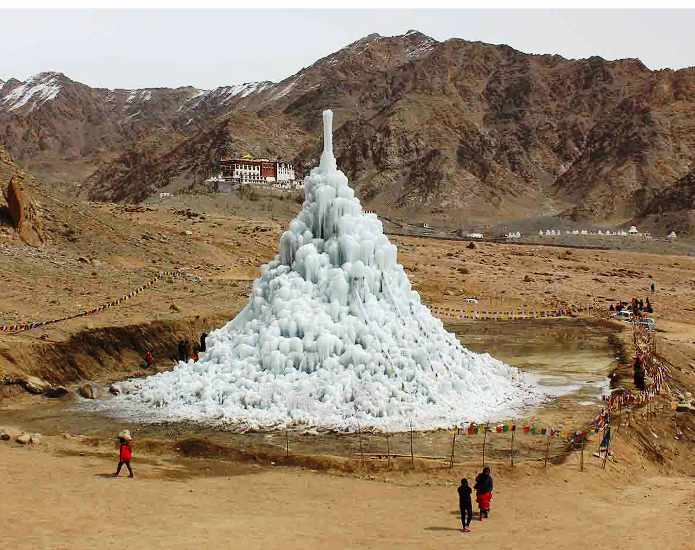
Basically hailing from Uleytokpo, near Alchi in Leh district, Wangchuk’s father Sonam Wangyal was a politician who later became a minister in the state government. As there were no schools in his village in 1966, when he was born, his mother would teach him in their mother tongue until he was 9. Later Wangchuk was enrolled in a Srinagar school where he had to fight with his language issues. His parents sent him to Delhi and enrolled him in Vishesh Kendriya Vidyalaya. In 1987, Wangchuk completed his B Tech in Mechanical Engineering from National Institute of Technology, Srinagar and studied Earthen Architecture at Craterre School of Architecture in Grenoble, France for two years.
Wangchuk founded Students’ Educational and Cultural Movement of Ladakh (SECMOL) in 1988. This NGO was a key movement that changed the educational scenario across Leh. Credit goes to Wangchuk for converting it into a movement that was joined by other well-read residents of the region. With the education system on rails, the group started innovating systems that would help the local communities.
The Foundation Says
The Ramon Magsaysay Foundation has this to say for its selection of Wangchuk:
He was a 19-year-old engineering student at the National Institute of Technology in Srinagar, Kashmir, when he went into tutoring to finance his schooling and help woefully unprepared students pass the national college matriculation exams.
In 1988, after earning his engineering degree, Wangchuk founded Students’ Education and Cultural Movement of Ladakh (SECMOL) and started coaching the Ladakhi student, 95% of whom used to fail the government exams.
In 1994, with Wangchuk in the lead, “Operation New Hope” (ONH) was launched to expand and consolidate the partnership-driven educational reform program. Taking a life of its own, to date ONH has trained 700 teachers, 1000 VEC leaders, and dramatically increased the success rate of students in matriculation exams from just 5% in 1996 to 75% by 2015.
In electing Sonam Wangchuk to receive the 2018 Ramon Magsaysay Award, the board of trustees recognizes “his uniquely systematic, collaborative and community-driven reform of learning systems in remote northern India, thus improving the life opportunities of Ladakhi youth, and his constructive engagement of all sectors in local society to harness science and culture creatively for economic progress, thus setting an example for minority peoples in the world.”
His Citation Reads
Ladakh in the northern India state of Jammu and Kashmir, is a high-altitude, cold desert region where some 300,000 people struggle in the midst of a harsh environment, wars arising from the rival claims of India, Pakistan, and China, and now even climate change. Yet here the will to autonomy, creativity, and empowerment remains vibrant.
An inspiring example is Sonam Wangchuk. Born in the small, remote village of Ulaytokpo in Ladakh, one of many children of a local leader, he had a difficult education because minorities were discriminated against, schools were lacking and poorly-equipped, teaching standards abysmal, textbook content locally irrelevant, and the medium of instruction alien in the mountains. Left mostly to fend for himself, he took control of his life early on.
He was a 19-year-old engineering student at the National Institute of Technology in Srinagar, Kashmir, when he went into tutoring to finance his schooling and help woefully unprepared students pass the national college matriculation exams. Renting a hotel function room, he advertised a coaching program that, exceeding expectations, drew close to a hundred students. Teaching basic subjects like English and Math, using strategies like peer-to-peer teaching, it was a financial success. But the experience also demonstrated to him how poorly educated the students in village schools were.
In 1988, after earning his engineering degree, Wangchuk founded Students’ Education and Cultural Movement of Ladakh (SECMOL) and started coaching the Ladakhi student, 95% of whom used to fail the government exams. To create lasting impact, SECMOL partnered with the local government in a joint program of educational reform. Piloted in a village school, the program involved training teachers in “creative, child-friendly, and activity-based” education; introducing curricular changes to make subjects relevant to the Ladakhi culture and context; prioritizing English over Urdu to better prepare students for higher education and promoting the Ladakhi language. Village education committees (VEC) were organized to support schools, monitor teacher performance, and become true stakeholders. Successfully piloted, this initiative of “localizing” schools was replicated in 33 schools and became a veritable movement.
In 1994, with Wangchuk in the lead, “Operation New Hope” (ONH) was launched to expand and consolidate the partnership-driven educational reform program. Taking a life of its own, to date ONH has trained 700 teachers, 1000 VEC leaders, and dramatically increased the success rate of students in matriculation exams from just 5% in 1996 to 75% by 2015. In 1998, Wangchuk opened SECMOL School, with a permanent faculty, volunteers, and a yearly average of 300 students. An alternative boarding school that offers a review, certificate, and associate-level courses, it rebuilds the students’ confidence, develops life skills, revisits the fundamentals and offers courses ranging from leadership training to solar power installation. Also a model in its use of renewable energy and indigenous technology, SECMOL has produced students who have gone on to become pioneering entrepreneurs in different fields.
A natural innovator, Wangchuk works out of the local experience. Seeing how climate change has affected the natural water supply for agriculture, he seized on the idea of building artificial glaciers in the form of “ice stupas” for irrigation during the dry summer. Called “stupas” (for public appeal in a Buddhist land), these are conically-shaped ice mountains, that store water in winter and in summer melts to supply farm irrigation water. Six stupas he and his team have created store roughly 30 million liters of water. Beyond Ladakh, Wangchuk has shared his environmental and educational innovations with mountain peoples across the whole Himalayan belt, and as far as Switzerland. Simple and non-confrontational in his leadership approach, Sonam Wangchuk, continues to dream of ways to help the people of Ladakh. He confidently says, “The possibilities are endless.”
In electing Sonam Wangchuk to receive the 2018 Ramon Magsaysay Award, the board of trustees recognizes his uniquely systematic, collaborative and community-driven reform of learning systems in remote northern India, thus improving the life opportunities of Ladakhi youth, and his constructive engagement of all sectors in local society to harness science and culture creatively for economic progress, thus setting an example for minority peoples in the world.







